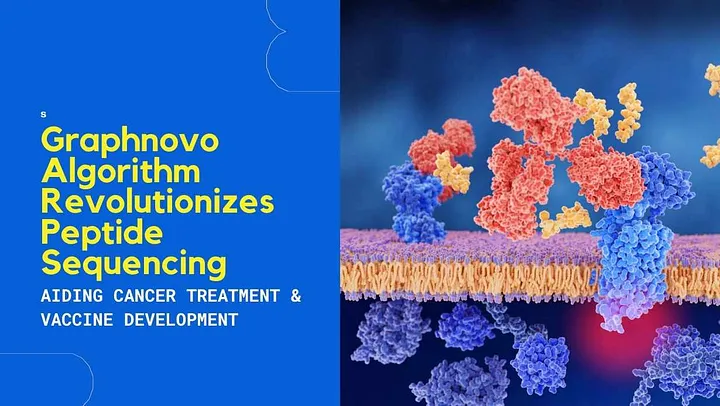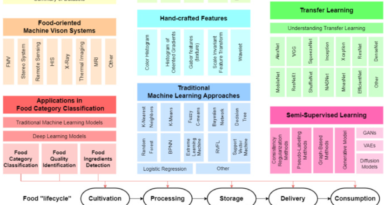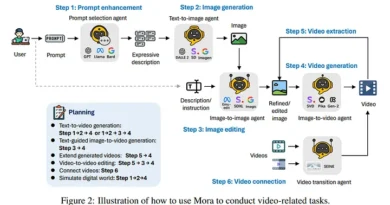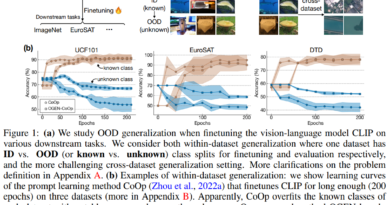GraphNovo: Revolutionizing Peptide Sequencing with Machine Learning
In the field of medicine, understanding the intricate details of cells is crucial for developing effective treatments for diseases like cancer. One of the key elements in the composition of cells is peptides, which are short chains of amino acids that play a vital role in various biological processes. Identifying and analyzing peptide sequences within cells is essential for personalized medicine and targeted therapies. However, traditional methods of peptide sequencing often fall short, leaving gaps in the sequences and limiting our understanding of cellular composition.
Researchers at the University of Waterloo have developed an innovative solution to this problem with their machine learning-based algorithm called GraphNovo. This groundbreaking program enhances the accuracy of peptide sequencing, providing a more comprehensive understanding of the peptide sequences in cells [1].
The Challenge of Peptide Sequencing
Peptide sequencing involves determining the order of amino acids in a peptide chain. This process is crucial for understanding the functional properties of peptides and their role in cellular processes. Traditionally, peptide sequencing has relied on techniques such as mass spectrometry. While these methods have been effective for well-known diseases and extensively studied peptide sequences, they often struggle with novel illnesses or unique cancer cells that haven’t been previously examined.
De novo peptide sequencing is a method used to analyze new samples quickly. However, it frequently leaves gaps in the peptide sequences, making it challenging to obtain a complete profile of the cellular composition. These gaps hinder the development of personalized treatments, particularly in the context of immunotherapy and targeted therapies [7].
🔥Explore 3500+ AI Tools and 2000+ GPTs at AI Toolhouse
GraphNovo: Bridging the Gap in Peptide Sequencing
GraphNovo, developed by researchers at the University of Waterloo, utilizes machine learning algorithms to overcome the limitations of traditional peptide sequencing methods. This program leverages deep learning and graph-based techniques to fill in the gaps left by other approaches, providing a more accurate understanding of peptide sequences in cells.
The unique feature of GraphNovo lies in its ability to analyze mass information precisely. By incorporating this information, the program ensures a more thorough and accurate identification of peptide sequences, even in cases where traditional methods may fall short. This breakthrough in accuracy is a game-changer for personalized medicine, enabling the development of tailored treatments based on an individual’s unique cellular composition [2].
Advancing Personalized Medicine and Immunotherapy
The impact of GraphNovo on personalized medicine and immunotherapy is profound. The enhanced accuracy in peptide sequencing opens up new possibilities for targeted therapies that can be tailored to an individual’s specific cellular composition. This level of customization has the potential to revolutionize cancer treatment and improve outcomes for patients.
Immunotherapy, in particular, relies on understanding the unique characteristics of a patient’s immune system and developing treatments that can effectively target cancer cells while minimizing harm to healthy tissues. GraphNovo’s ability to provide a more accurate understanding of peptide sequences allows for the development of highly targeted immunotherapies, increasing the chances of successful treatment [8].
The Promise of GraphNovo in Disease Treatment and Vaccine Development
GraphNovo’s impact goes beyond cancer treatment. The program’s ability to analyze and understand peptide sequences has significant implications for disease treatment and vaccine development. In the case of novel and emerging diseases like Ebola and COVID-19, rapid and accurate identification of peptide sequences is crucial for developing effective vaccines.
GraphNovo’s machine learning-based approach can accelerate the discovery and development of vaccines by providing detailed insights into the composition of the pathogens and their interactions with the human immune system. This information can help researchers identify potential targets for vaccine development and design immunogens that elicit strong and specific immune responses [5].
Metrics and Accuracy of GraphNovo
To understand the effectiveness of GraphNovo, it is essential to examine its metrics and accuracy in identifying peptide sequences. The program has shown remarkable results in filling gaps left by traditional methods, leading to a more comprehensive understanding of cellular composition [3]. These results are particularly promising when dealing with novel diseases or unique cancer cells that pose challenges for traditional sequencing techniques.
By accurately identifying peptide sequences, GraphNovo enables researchers and clinicians to develop personalized treatments that target the specific characteristics of each patient’s cells. This level of precision holds immense potential for improving patient outcomes and revolutionizing the field of medicine.
Conclusion
The development of GraphNovo at the University of Waterloo represents a significant breakthrough in the field of peptide sequencing. By leveraging machine learning algorithms and deep learning techniques, GraphNovo enhances the accuracy of identifying peptide sequences, filling gaps left by traditional methods. This breakthrough has far-reaching implications for personalized medicine, immunotherapy, disease treatment, and vaccine development.
As GraphNovo continues to evolve and improve, we can expect to see more effective treatments for diseases like cancer and the development of targeted therapies based on an individual’s unique cellular composition. The potential real-world applications of GraphNovo bring hope for more effective treatments in the not-so-distant future, revolutionizing the way we approach disease treatment and personalized medicine [6].
Check out the Paper. All credit for this research goes to the researchers of this project. Also, don’t forget to follow us on LinkedIn. Do join our active AI community on Discord.
If you like our work, you will love our Newsletter 📰




